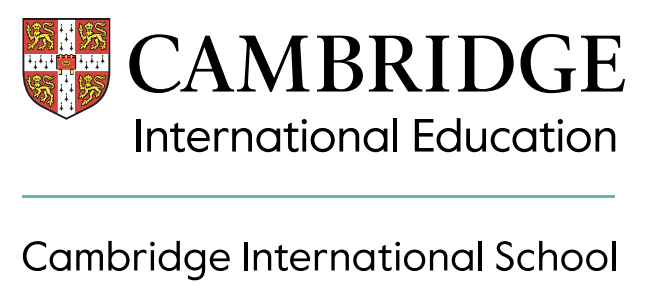Islam encourages introspection, observation, and the pursuit of knowledge. Instead of dismissing science, Islam has traditionally welcomed it as a divine mandate. As the Quran says: “Indeed, in the creation of the heavens and the earth and the alternation of the night and the day are signs for those of understanding—who remember Allah while standing or sitting or [lying] on their sides and give thought to the creation of the heavens and the earth.” — Surah Al-Imran (3:190–191)
“We will make them see Our signs in the horizons and within themselves until it becomes clear to them that it is the truth.” — Surah Fussilat (41:53)
The Qur’anic Call for Knowledge Islam explicitly urges the pursuit of knowledge. The first revelation to the Prophet Muhammad (peace be upon him) started with the imperative: “Iqra” “Read” — Quran 96:1
This focus is reiterated throughout the Qur’an, which urges believers to consider the natural world: “Do they not look at the sky above them, how We have built and adorned it?” — Qur’an 50:6.
“Indeed, in the creation of the heavens and the earth, and the alternation of night and day, are signs for those of understanding.”
The Prophet Muhammad (peace be upon him) reinforced this message when he said: “Seeking knowledge is an obligation upon every Muslim.” — (Sunan Ibn Majah, Hadith 224)
Knowledge and Early Islam: Early Muslims regarded science and religion not as harmonizing paths to comprehend God and His creation. The Islamic theologian Al-Ghazali even argued that the study of science—particularly medicine and mathematics—was a fard kifayah (communal religious obligation):
“The crafts most worthy of attention are those connected with religion… and among them is medicine, for the human body is the tool for religious practice.”
The Golden Age of Islam: (8th–14th century has been named the Golden Age of Islam. In major centers of learning, such as Baghdad, Cairo, and Córdoba, Muslim scholars emerged as global leaders in science, medicine, mathematics, and philosophy (Lyons, 2009; Saliba, 2007; Dallal, 2010).
Notable figures include: Al-Khwarizmi, a pioneer of algebra, Ibn Sina (Avicenna), whose Canon of Medicine shaped both Islamic and European medical practices. Ibn al-Haytham was a pioneer in optics and the development of the scientific method. These scholars operated in environments that valued both religious devotion and intellectual inquiry (Gutas, 2001; Saliba, 2007). Qur’anic Signs and Scientific Reflection Despite this rich legacy, many today—including Muslims—remain unaware of the historical harmony between faith and science in Islam. The Qur’an consistently invites believers to reflect on creation, describing natural phenomena as signs (āyāt): “We created man from an extract of clay… then We made the sperm-drop into a clinging clot…” — Qur’an 23:12–14
“Indeed, in the heavens and the earth are signs for the believers. Moreover, in your creation, and what He disperses of moving creatures…” — Quran 45:3–5. Such verses show that scientific inquiry is a religiously endorsed act of contemplation.
Science as Worship: A Holistic View For early Muslim scientists, scientific inquiry was a form of worship. Understanding the universe was a way of drawing nearer to the Creator, who repeatedly commands reflection on nature: “We will show them Our signs in the horizons and within themselves until it becomes clear to them that it is the truth.” — Qur’an 41:53
“Indeed, in the creation of the heavens and the earth… are signs for those of understanding.” — Qur’an 3:190–191
“Say, ‘Observe what is in the heavens and the earth.'” — Qur’an 10:101
Early scholars, such as Ibn Sina and Al-Biruni, exemplified this perspective, believing that studying creation was a way to glorify God and fulfil a spiritual duty.
By : Imran Wafai
Explore more articles like this on our Blog page

